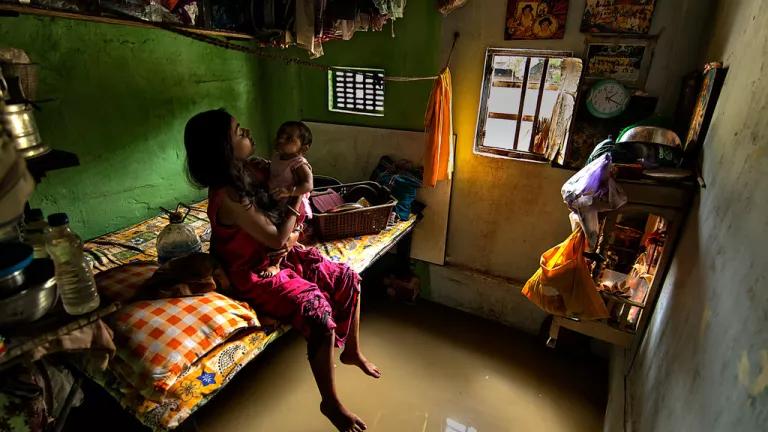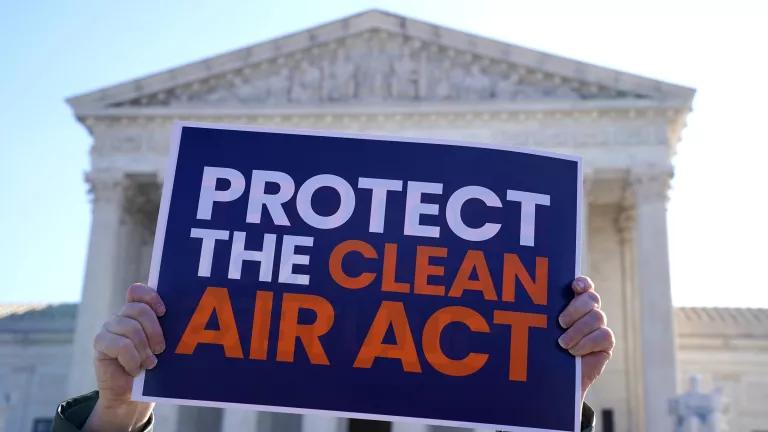New Health Equity Bill Explicitly Recognizes Climate Change

Healthcare is a deeply inequitable proposition in the United States.
For example, people of color are less likely than white people to have health insurance or to see doctors for routine or preventative healthcare. They’re also less likely to be treated with respect by healthcare providers and to receive critical medications in a timely manner. These disparities lead to heightened rates of preventable deaths among people of color, including from COVID-19.
New legislation in the U.S. House of Representatives seeks to improve the health and well-being of under-resourced communities by tackling disparities in healthcare access, affordability, and quality. The wide-ranging Health Equity and Accountability Act of 2020, introduced yesterday by Representative García and the Congressional Tri-Caucus, covers issues such as:
- Comprehensive collection of demographic data including race, ethnicity, disability status, gender identity, and more. This information is critical for identifying and ameliorating long-standing health disparities and ones that crop up during public health disasters.
- Increased access to healthcare that meets the cultural and linguistic needs of America’s diverse population. Inadequately trained physicians, hospital interpreters, and other health professionals can contribute to worse health outcomes among people with limited proficiency in English.
- Expanded civil rights protections for people who are incarcerated. Prison inmates across the United States deal with a wide array of horrific and preventable health hazards, including dangerously high temperatures, leaky and inoperable toilets, and insufficient infection control.
This Health Equity and Accountability Act isn’t all new; it builds on previous versions that date back to 2007. One thing that is new, however, is an increased recognition of the role of climate change in health inequities. For instance, the bill:
- Adds environmental hazards (e.g., air and water pollution, extreme weather fueled by climate change) to the list of risk factors such as nutrition, tobacco use, and violence that “impede or contribute to achieving positive health outcomes.” Environmental hazards threaten the health of every person in the United States, but they disproportionately affect under-resourced communities.

Josh Mogerman/NRDC
- Directs the National Institute on Minority Health and Health Disparities to conduct a study on mental health disparities in communities of color, including the effects of exposure to heat waves, hurricanes, and other weather extremes made worse by climate change. Despite accumulating evidence that climate change threatens mental health, more research is needed to understand differential outcomes among underserved communities—and how to address them.
- Directs Health and Human Services to develop evidence-based information about how climate change, among other health threats, can affect breast-feeding infants. For instance, maternal and child health researchers in Puerto Rico discovered after Hurricanes Maria and Irma that food aid provided by the Federal Emergency Management Agency “was not appropriate for pregnant women [or] babies,” with potential long-term consequences for healthy child development.

Climate change is neither the sole, nor necessarily the most important, contributor to health disparities in the United States. Rather, it amplifies the structural and institutional barriers that have long impeded equitable and effective healthcare for everyone. Explicitly recognizing climate change in federal legislation such as the Health Equity and Accountability Act is an important step toward a safer, healthier future.




